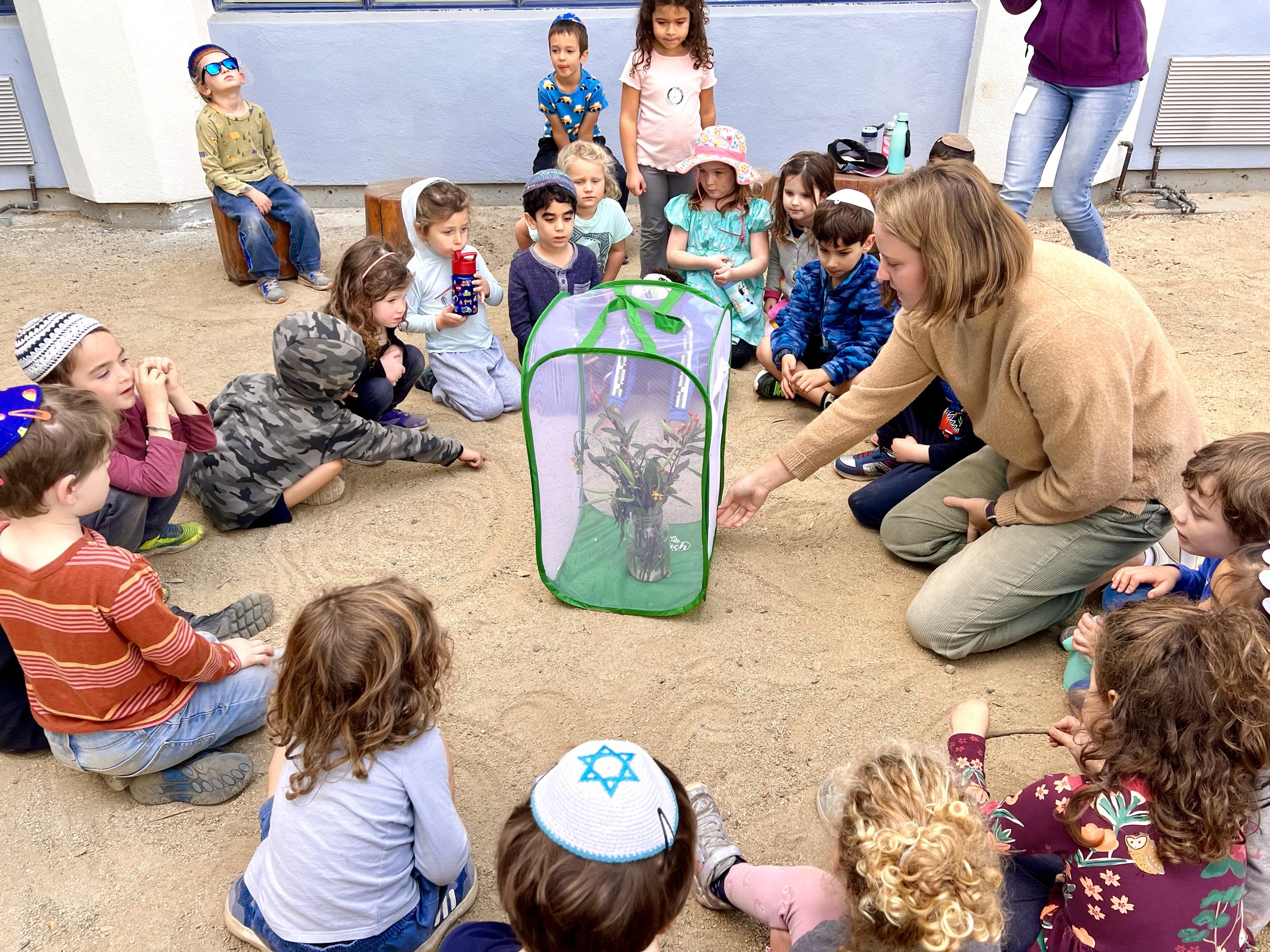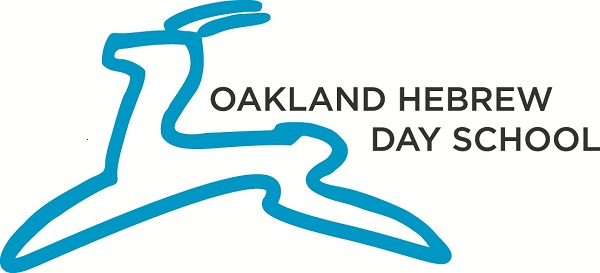
Educational Philosophy
For over two thousand years the Jewish tradition has leveraged human communication as a powerful tool in the search for intellectual truth, ethical community and spiritual connection.
Through discussion and productive argument, the Jewish learner builds skills, knowledge and understanding.
Through the power of conversation, the Jewish learner is open to the perspectives of others, while developing the ability to articulate and express his or her own unique insights.
Through lively discourse, the Jewish learner experiences the joy of connection to his or her identity, to others and to the very process of learning.
In today’s world, the ability to communicate across differences is more important than ever. The power of Jewish learning can be applied to every aspect of the learning experience, from Torah to mathematics, from art to historical analysis and beyond. The benefits of Jewish learning reach far beyond the classroom, supporting young people to engage the complexity of their world with both mind and soul.
-
We support our students to develop:
academic skills and content knowledge that prepare them for success across disciplines
the ability to respectfully engage with multiple perspectives and take responsibility for the well-being of others
a feeling of pride in their effort and in the quality of their work
the confidence to express their thoughts, their feelings and their creativity
a joyful experience of their Jewish identity, their cultural heritage and a strong feeling of belonging
-
We do this by:
guiding our students to make careful observations, develop meaningful interpretations, demonstrate their understanding and apply their learning to the experiential realm
emphasizing partner learning, perspective-taking, and integration across disciplines
addressing the unique developmental and academic needs of each student through small group instruction, skills clinics, enrichment units and individualized goal-setting
giving students the tools for self-knowing, self-evaluation and self-reflection
building authentic, caring and respectful relationships between teachers and students
-
We give students an environment that:
values quality over quantity, depth over breadth and the mastery of essential skills
establishes trust, honors differences and develops empathy
honors the student as a whole person and is responsive to their unique needs and interests
encourages students to work outside of their comfort zone and take appropriate risks
fosters a sense of wonder, curiosity and awe
